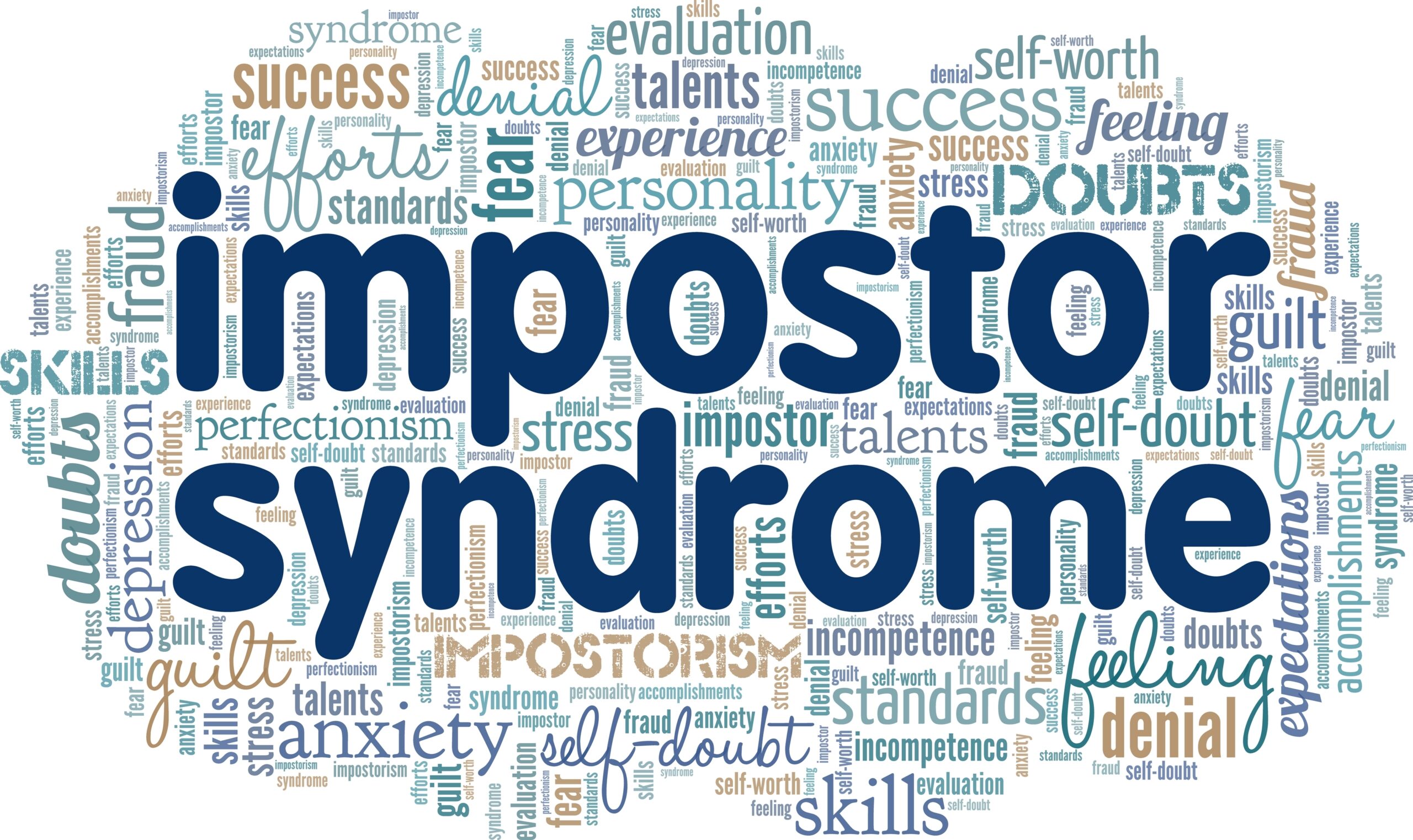


Over the course of my career I have been fortunate to have the greatest mentors. As I reflect on how those relationships were created, I realize that I found mentors in various ways. Some were automatic like with my boss. Some I sought out through meetings at work or social gatherings, and some were created coincidentally where a partnership was formed without me even realizing it.
The common thread amongst how all my mentorship relationships began is that I engaged with my mentor in person. I sat with them in meetings. I had a drink with them at a party. I met with them for lunch and talked through a challenge, a project, a course of action.
Now fast forward to 2020 and our modes of work have all changed. Most of our business is conducted virtually. There are no casual encounters at the water cooler. There are no in-person activities to engage in after hours. Meetings and conferences have changed in which more engagements are planned and socialization challenged. Creating mentor relationships is tougher now more than ever.
The shift in many work environments requires us to think more creatively and innovatively on how to ensure we are still connecting with our employees and are showing that we are dedicated to their success. Thus, consider creating a mentorship program. A formal mentorship program helps to enhance a feeling of connection by providing a pathway for an employee to learn from an expert in their field.
Here are a few action items in developing successful mentorship programs.
Get Support from Executive Leadership
Creating a mentorship program takes planning, time, and resources.
Decision makers in the organization will need to support the creation and funding for an ongoing program. Expenses will include protected time for mentors, administrative related costs related to setup/sustainability of the program, and other funds related to meetings and events. Fortunately, in a virtual format, these costs can be minimized.
Identify and Cultivate Mentors
Some organizations may find volunteers to become mentors, but others will need to entice and attract strong mentors.
Successful leaders in the organization should be involved in not only direct mentorship activities, but also for the design of the program. Newer mentors as well as seasoned mentors will need training in regards to defined expectations for their roles as well as setting goals and metrics.
Identifying the Mentees
Mentees can come from existing employees in the organization, are put into the program at the time they are hired in, or from a combination of both.
Voluntary participation is vital – identifying those that are interested in the process and can understand its value will more likely have the greatest success in the program. Matching the correct mentor and mentee is key. This should not be arbitrary but be designed through a planned matching process.
Create a System of Accountability
Metrics need to be established and reviewed regularly. Recognition and praise should also be provided often.
The sponsoring executive leaders, mentorship program management team, the mentors, and the mentees are all responsible for the success of the program and need to understand expectations early on in the inception of the program. Being involved in a mentorship program, whether as a mentor or mentee, should be considered an honor and a privilege. And with that privilege also comes the need for accountability from all sides.
Having formal mentorship programs is not a new idea, but definitely one to revisit in the new age of the digital workplace. We all know mentorship works. Mentors play a key role in developing leaders. Using their expertise, past experience, and wisdom, they share ideas to overcome challenges and create advancement.
Mentorship is linked to employee engagement. When an employee knows someone cares about their success, they are more likely to be motivated and dedicated to the company they work for. In the virtual workplace, creating a strategic alliance between a mentor and their mentee can help accelerate success for all.
Contact me to purchase a mentorship program toolkit for your organization!
Aashi Arora, MHA
iRISE Executive Coaching
aashi@iriseexecutivecoaching.com
 Preparing to Step Into CEO Roles
May 30, 2023
Preparing to Step Into CEO Roles
May 30, 2023
 Tackle Imposter Syndrome by Prioritizing This Relationship
May 12, 2023
Tackle Imposter Syndrome by Prioritizing This Relationship
May 12, 2023
 How Do You Know It’s Imposter Syndrome?
Mar 08, 2023
How Do You Know It’s Imposter Syndrome?
Mar 08, 2023
 Imposter Syndrome During a Job Transition
Jan 20, 2023
Imposter Syndrome During a Job Transition
Jan 20, 2023
 4 Strategies for A Successful Interview
Oct 19, 2022
4 Strategies for A Successful Interview
Oct 19, 2022
Please subscribe to receive a pdf of 15 Ways to Tackle Imposter Syndrome
